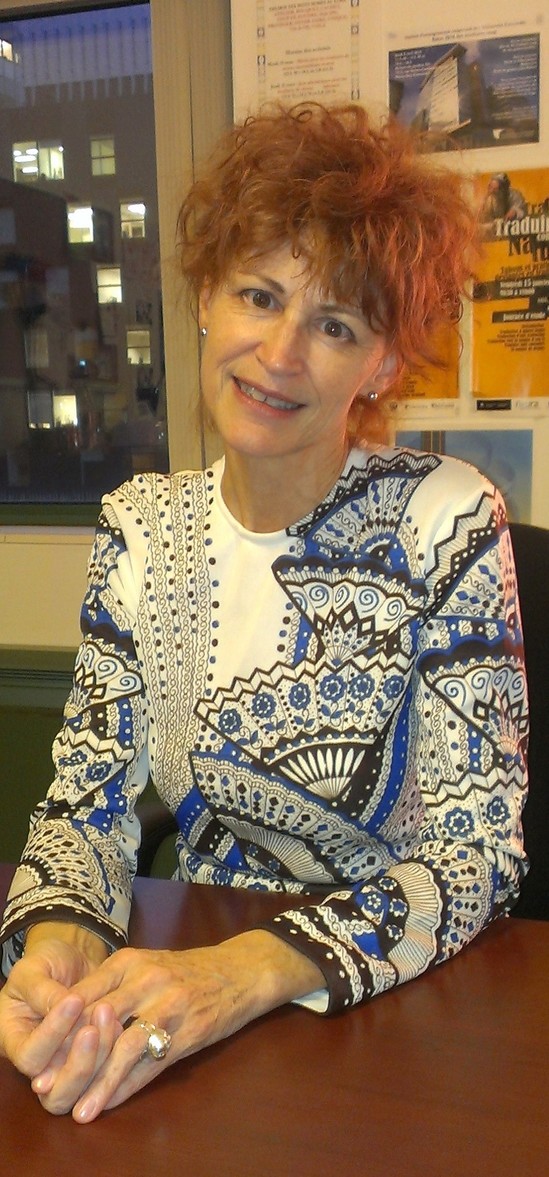Sessional lecturer
Co-ordinator of Undergraduate translation programs, Graduate Diploma in translation and Graduate Certificate in language localization
Academic advisor (translation)
It was already dark outside when I entered Madame Marcoux's office at Concordia. I had come about five minutes earlier than agreed, paused before coming in, and, bracing my energies (it was my first ever interview!), slid into the frame of the door - it was wide open. Madame Marcoux was at her computer, tapping out some instructions to a student. Evidently, she was hurrying up - she knew I was about to come. Slightly startled at my knocking politely on the open door, she told me to come in and close the door behind me. As I was settling back into a chair taking out my elaborate Q & A notes, she let out some words of obvious irritation about her slow computer. Embarrassed, she pointed out that I had come a little bit earlier anyway, so I could excuse her taking time to finish off her interactions with the student. I felt a bit confused - I did not want to make her feel uncomfortable about it - so I just told her to take her time. I knew perfectly well how important the feedback she was giving could be to that student. Taking advantage of the minutes I had to wait, I observed the office. It was not too big, nor small, but, what I liked the most about it was its part where a wooden book cabinet stood. It was literally packed with numerous reference books, dictionaries, thesauri, and other language-related tomes. What stood out to me in the first place was, naturally, the bulky but priceless 'Le Petit Robert'. You could easily tell you were in the realm of a translator. At last, Madame Marcoux turned off the computer, turned to me in her chair and we started. I was later amazed at how full and detailed her answers were. Indeed, her French was beautifully smooth and coherent, she was by far one of the most articulate people I had ever heard talk. In the streets of Montreal, you rarely have the chance to come across a native speaker who does as much justice to the beauty of the French language as this woman does.



Recent Comments